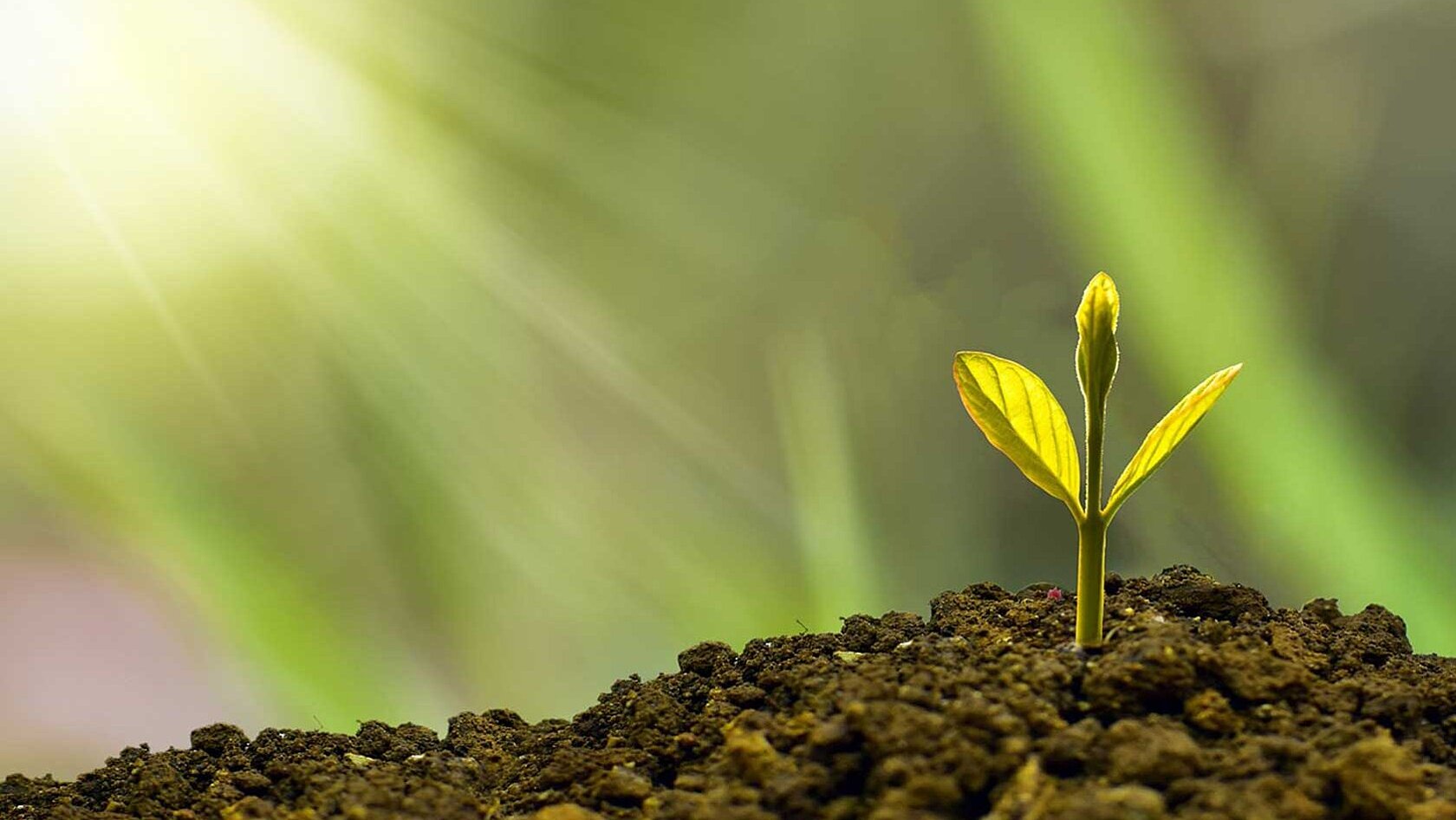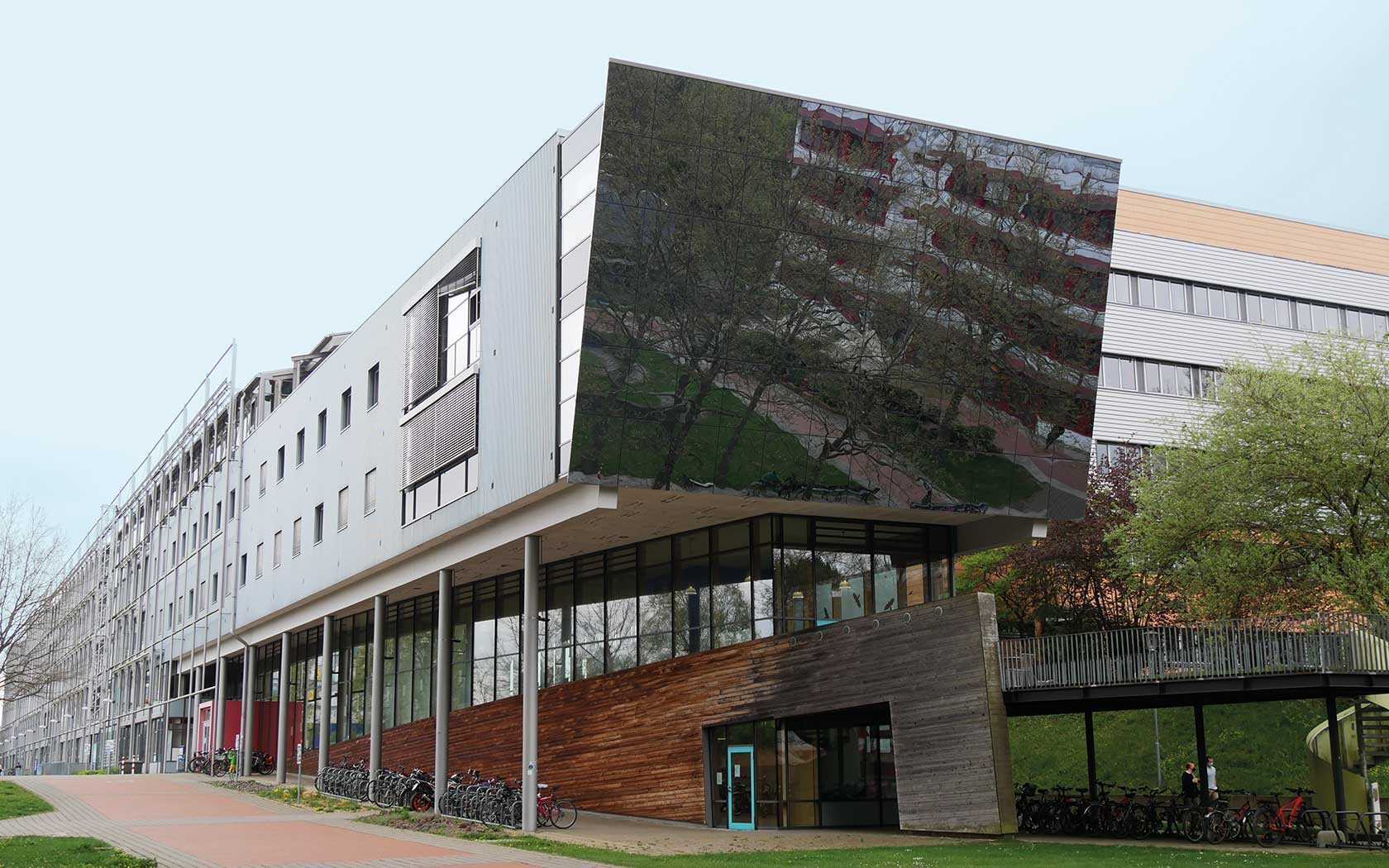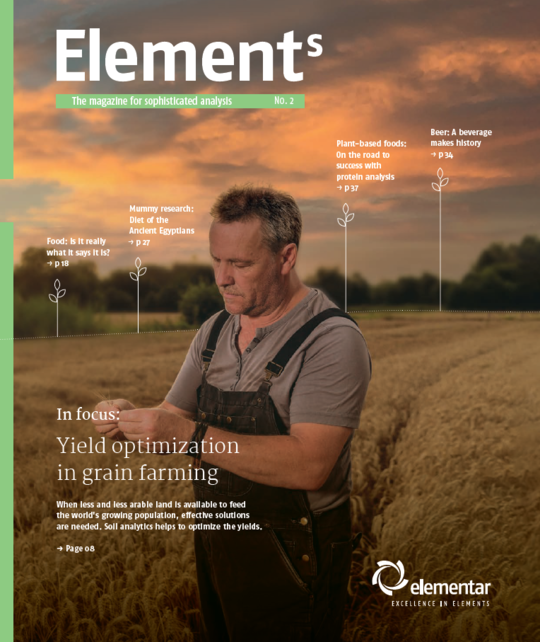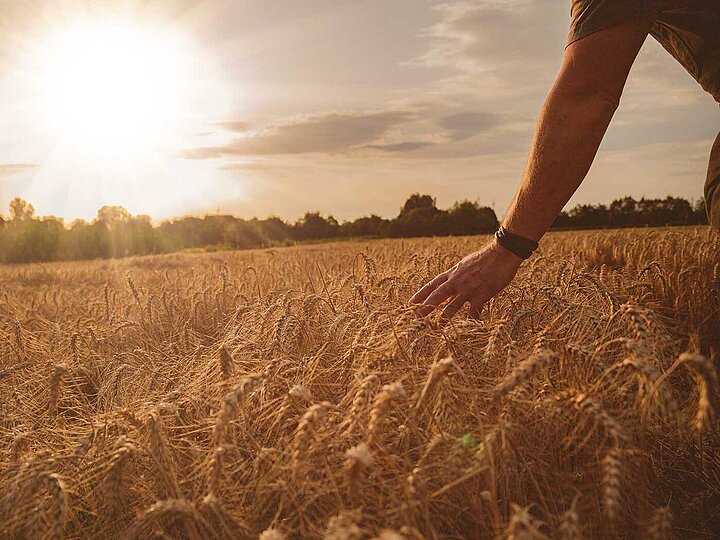An interview with Professor Honermeier: about methods that make higher yields possible

This is the last article of our series about understanding soil and how yields can be optimized with the help of soil analysis. We had an interview with Professor Bernd Honermeier, former Head of the Department of Crop Production at Justus Liebig University Giessen from 1998 to 2020. Based on his experience, we take a look at other methods, that make higher yields possible.
There are many methods that make higher yields possible.
Professor Bernd Honermeier

In addition to analyzing soil, you also investigate various plant breeding methods. What approaches to securing food production in the future can be derived from them?
I can see promising approaches in the application of modern plant breeding methods, in particular. For example, hybrid breeding can lead to significant increases in yields in the future. This method has already been used for many years to cultivate crosspollinated varieties, such as corn, rye, sugar beet and tomato. Hybrid varieties are the result of crossing two inbred lines that are genetically very different and have a significantly higher yield than the parent plants. Using this method has meant that corn, which originated in warmer regions, is now the most important feed and energy crop in temperate climates such as in Europe and Germany.
What is your experience with genome editing, i.e. methods that specifically modify the genetic material of crops?
Alongside hybrid breeding, biotechnological breeding methods will also speed up the breeding of different varieties and improve cultivated plant varieties in the future. This method makes it possible to improve the agronomic properties of crop varieties – for example, resistance to fungi, bacteria and viruses, or drought tolerance – thus making them more adaptable and higher-yielding.

In addition to soil and plant analysis, what other factors will have an impact in the future?
The further development of precision farming methods will play a major role in the production of crops in the future. This allows for arable land and plant populations to be managed on a site-specific basis with the help of GPS and sensorcontrolled agricultural machinery. This means that all cultivation measures, from soil tillage to sowing, weed control, fungal disease control and fertilization, can be applied much more precisely, depending on the soil and the needs of the plants.
And beyond that?
Crop plant researchers are also working on other solutions to achieve improved plant growth and higher yields in the future. These include research into mycorrhizal fungi, a form of symbiosis between plant roots and fungi that influences the uptake of water and nutrients by plants. Trials with wheat have already shown that the mycorrhization of plants under phosphorus and water-deficient conditions resulted in higher yields.
Other measures that could be used to achieve higher or more stable crop yields in the future include measures to improve the water retention of soil. These include adding carbon to topsoil and subsoil (for example, through biochar, digestate, compost, straw, manure and plant residues) and diversifying crop production through agro-forestry and mixedcrop systems.
Thank you very much for the interview Professor Honermeier
You don't want to wait for the next article? Download our latest Elements magazine to read the whole article series now.

DOWNLOAD YOUR COPY
Fill in the form to receive your download link per e-mail.
Your contractual consideration for the free provision of the download is the subscription to our personalized newsletter. By clicking on the “download now” button, you therefore declare your acceptance of the receipt of personalized newsletters by e-mail by Elementar Americas, Inc. and its group companies as well as the evaluation of your user behavior in this regard and - if available - the merging of this data with your data in our customer database.
In order to receive newsletters from our group companies it is necessary to transfer your above-mentioned personal data to these companies. The data transfer is contractually required.
You are aware that the subscription to our personalized newsletter represents the contractual consideration that you provide for the free provision of the download. You can unsubscribe from the newsletter at any time with effect for the future. You can object to the future use of your data for advertising purposes at any time. For further information, please refer to our privacy policy.
Do not miss any new articles
NEWSLETTER
We will constantly publish new blog articles. Register for our newsletter to stay up-to-date and get informed about latest blog articles, news and trends.



